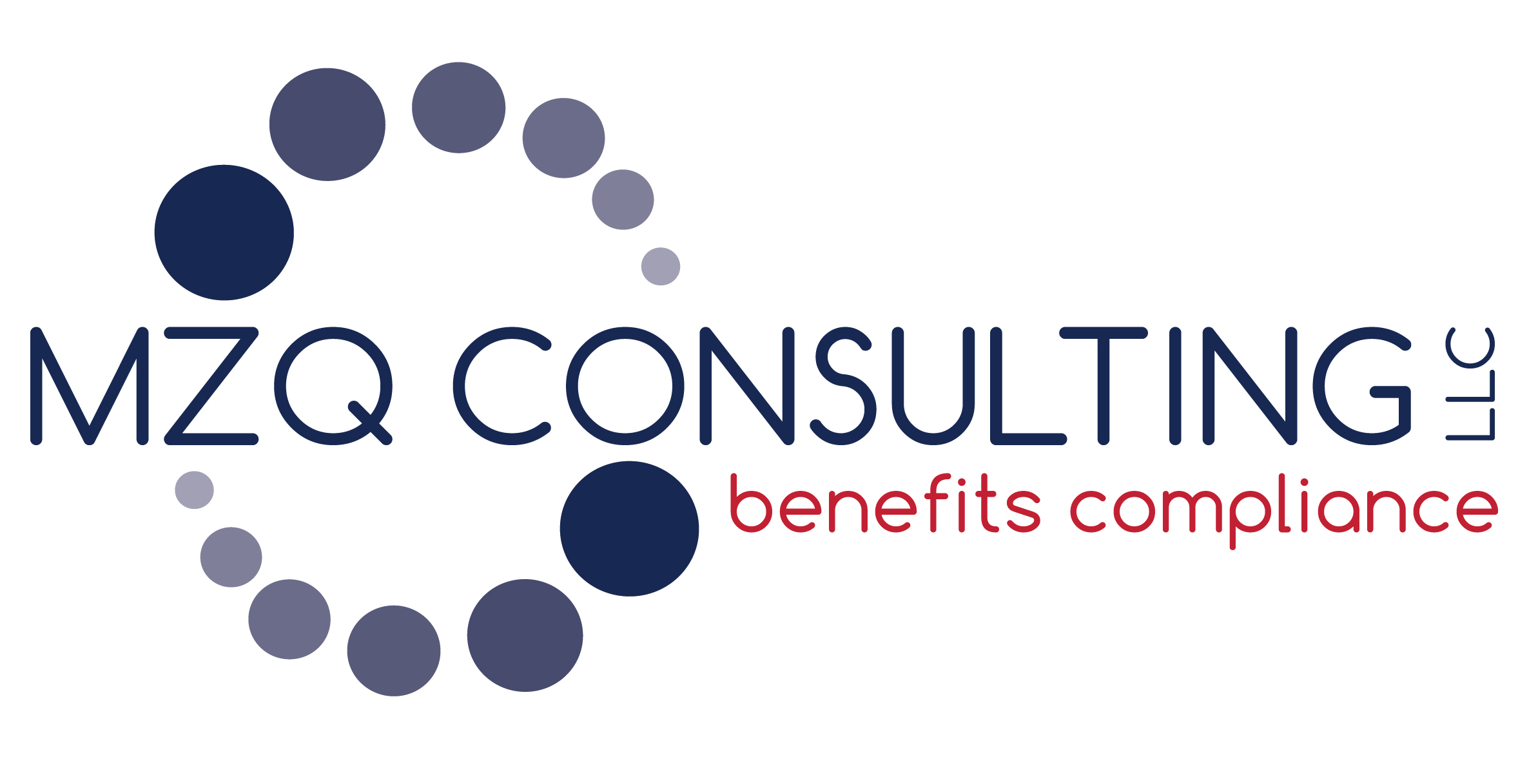Federal Action Temporarily Halts Surprise Billing Arbitration Decisions
The federal No Surprises Act protects health insurance consumers from being billed for anything other than typical in-network cost-sharing when they receive emergency care from an out-of-network facility or when they are treated without notice from an out-of-network provider while at an in-network medical facility. In these cases, healthcare providers must work out any billing differences directly with the consumer’s group health plan and/or health insurance issuer. Read more


